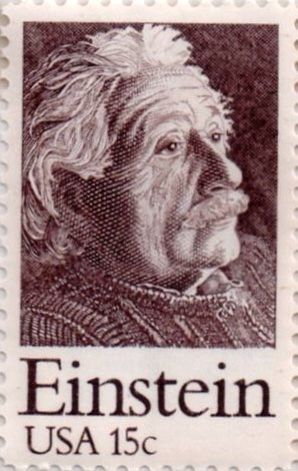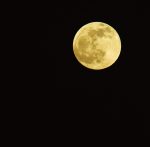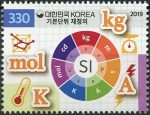![[Asteroid Day]](https://riverhouses.org/wp-content/uploads/2022/08/shooting-star-emoji.png) June 30th is International Asteroid Day! (Really!) In honor of this important occasion, why not join a real scientific project this week called Asteroids@Home, sponsored by the Astronomical Institute of Charles University in Prague. It’s one of the many citizen-science opportunities we recommend to homeschoolers everywhere:
June 30th is International Asteroid Day! (Really!) In honor of this important occasion, why not join a real scientific project this week called Asteroids@Home, sponsored by the Astronomical Institute of Charles University in Prague. It’s one of the many citizen-science opportunities we recommend to homeschoolers everywhere:
Participating in Asteroids@Home involves downloading a small application that runs in the background on your computer — the Berkeley network computing application — and then “attaching” to the Asteroids@Home project. It only takes about ten minutes to set up. Then, while you’re working or napping or eating, your computer (silently and automatically in the background) will be doing scientific calculations on the shapes, sizes, and orbits of asteroids. (How cool is that?) Get all the details right here:
If you have high school students with an interest in science, they can explore the Asteroids@Home website and learn all sorts of great asteroidal astronomy. If not, you can just pat yourself on the back that your little home academy is contributing to the advancement of knowledge. And once your computer has been calculating for a while you can print out a very nice certificate to document your contributions — it’s just the thing for your homeschool bulletin board.
![[Astroids@Home Certificate]](https://riverhouses.org/wp-content/uploads/2025/06/asteroids-certificate-2025-06-23-1024x741.png)
I’ve been running Asteroids@Home on my computer for several years now, and I’ve also created a placeholder for an Asteroids@Home River Houses team right here:
Get Asteroids@Home running on your homeschool computer and you can join! 😊
But why is June 30th International Asteroid Day? Because June 30th is the anniversary of the 1908 Tunguska Event in Siberia, one of the most mysterious astronomical encounters ever recorded on our planet.
![[USSR Tunguska Stamp]](https://riverhouses.org/wp-content/uploads/2020/06/tunguska-ussr-stamp-1958-1024x706.jpg)
Scientists still debate what happened in the remote Tunguska River region in late June of 1908, but it’s generally believed that an asteroid perhaps as much as 600 feet in length exploded in the atmosphere and leveled all the trees over an area of 800 square miles. No impact crater has ever been found, so it’s thought that the object vaporized several miles above the ground, although some researchers believe it was following a glancing trajectory and passed through the atmosphere almost horizontally. The Tunguska explosion, if it had occurred over a populated area, could have easily destroyed a large city.
The Asteroids@Home project seeks to increase our knowledge of the thousands of asteroids that orbit the sun along with us. You can contribute to that effort in your homeschool, and there’s no better day to begin than International Asteroid Day!
The Internet provides exceptional opportunities for homeschool students to participate in real “citizen-science” projects in a wide variety of fields, something that would have been impossible only a few years ago. Pay a visit to our Lunar Society page to read about many more such projects, in addition to Asteroids@Home, that you and your family can join.
What scientific discoveries will you and your students be making in your homeschool this Hercules Term? 😊
❡ Whether they work together or apart: This is one of our regular Lunar Society Bulletins about the many independent citizen-science projects that we recommend to homeschool students. Add your name to our free weekly mailing list and get more great homeschool teaching ideas delivered right to your mailbox all through the year. 📫
❡ Homeschool calendars: We have a whole collection of free, printable, educational homeschool calendars and planners available on our main River Houses calendar page. They will help you create a light and easy structure for your homeschool year. Give them a try today! 🗓
❡ Support our work: If you enjoy our educational materials, please support us by starting your regular Amazon shopping from our very own homeschool teaching supplies page. When you click through from our page, any purchase you make earns us a small commission at no extra cost to you. Thank you for helping us to keep going and growing! 🛒
❡ Join us! The aim of the River Houses project is to create a network of friendly local homeschool support groups — local chapters that we call “Houses.” Our first at-large chapter, Headwaters House, is now forming and is open to homeschoolers everywhere. Find out how to become one of our founding members on the Headwaters House membership page. 🏡




